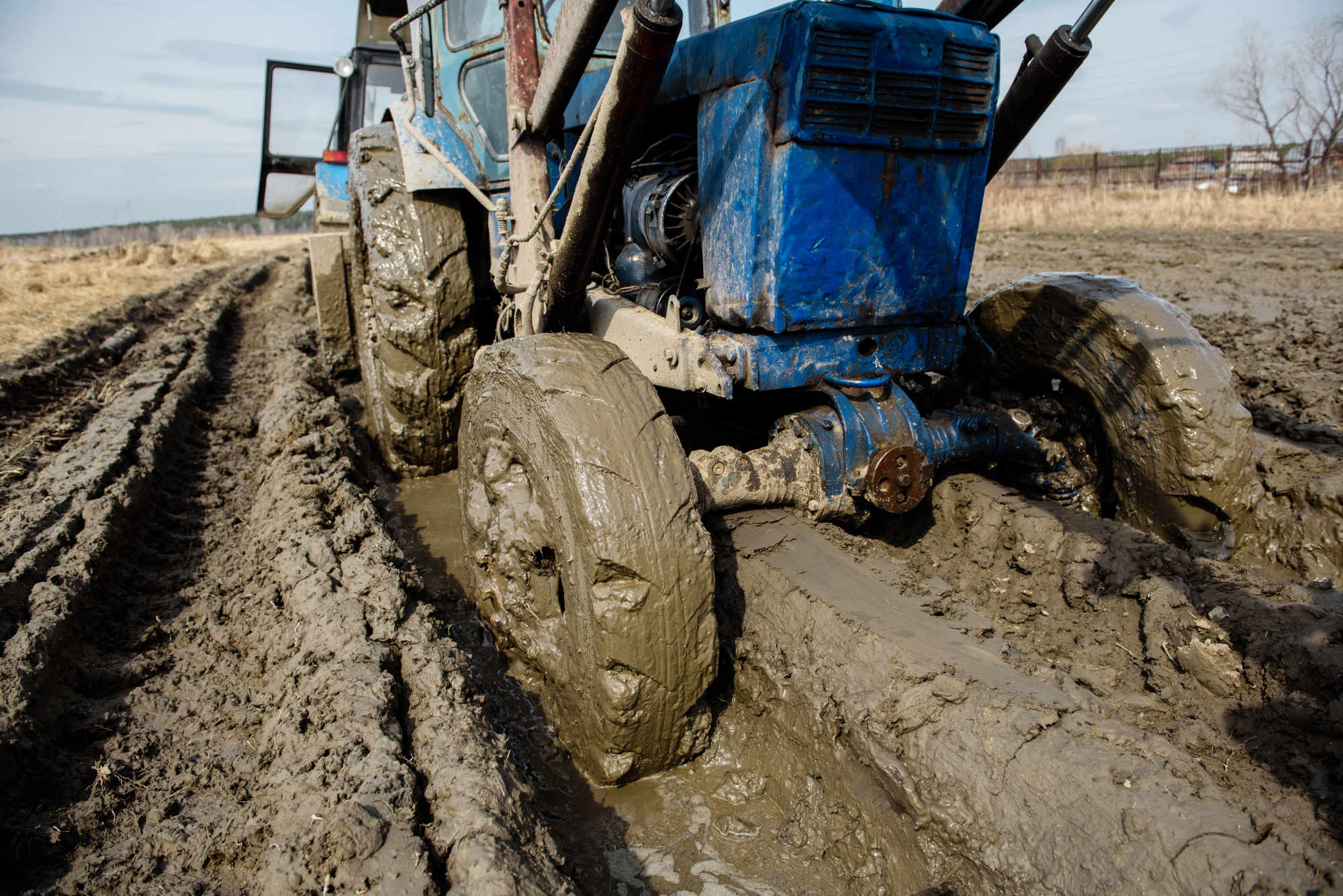We are in the midst of delivering a number of conflict management courses in Doha for a variety of people ranging from those working in the frontline of the medical services, to those working in sea-view offices in West Bay.
Some times this topic is referred to as conflict prevention, which in a sense, doesn’t quite grasp the whole picture. Sure, none of us really want to be in shouting matches every day and avoiding this has to be good. But engaging with conflict is an essential part of successful teamwork. It is the unproductive conflict that we want to prevent and avoid.
The course teaches a solid set of skills and behaviours that help people successfully work through a difference of opinion in matters that are important. They are super helpful if applied. For many of the people we work with, they are in positions where difficult situations and relationships have not been resolved over many years. The skills we teach also apply here but some preliminary understanding and work are necessary…
The tractor rut warning
If you drive a tractor in wet conditions it is important to avoid “ruts” – deep channels in the ground that if the tractor’s wheels fall in to, become difficult to get out of. We can find ourselves in a rut during work situations when we are hurt and our mind has a chance to freewheel. We start thinking about the situations, the person or people. What are we going to say, how unfairly we’ve been treated. The challenge is that we are in a rut and it is tremendously difficult to get our mind out of it. This is a warning sign: the constant thinking about somebody and what they have, or haven’t done.
The problem with the rut
The problem with being in the rut is that there is a large open space all around us and we are no longer able to access it. If we don’t engage with the difficult conversations our world becomes smaller, our space to move dramatically reduced. And more importantly, creativity is crushed. No longer can we bounce ideas around those we trust, relate to easily, laugh with. Instead, we strengthen our policies and procedures. The joy of doing something new is replaced by the grey work of doing more of what we already do.
Turning the wheel
To get out of a tractor rut you need to turn the steering wheel with full force and intention, a whole-hearted move to see the machine released from the sticky grip of the mud and channel. A similar approach is needed for us to get out of our “tractor ruts”. We are in for a long journey if we are waiting for situations to change without our interventions.
The reality is though that for many people their situations are pretty tough, or even toxic. And they have been around for a while, bedded in tricky relationships consisting of layers of being let down, disappointed, not trusted or respected. How do you deal with that?
There are no easy answers but there are two essential and expensive “elixirs”. The first is courage. Honest dialogue is never cheap. Facing fears never easy. Our courses teach what to do once you’ve gathered the courage to have the conversation. They don’t, unfortunately, provide a “tool” that bypasses the need for courage. We’ve not found one.
And the second elixir is humility. Our willingness to listen and more importantly, our ability to let go. If we do get heard, have our point of view understood and still find things don’t go our way we need to be able to let go, to let others have their way. To allow others to lead us.
Courage, skilled dialogue and humility allow for that full-blooded turning of the wheel.





